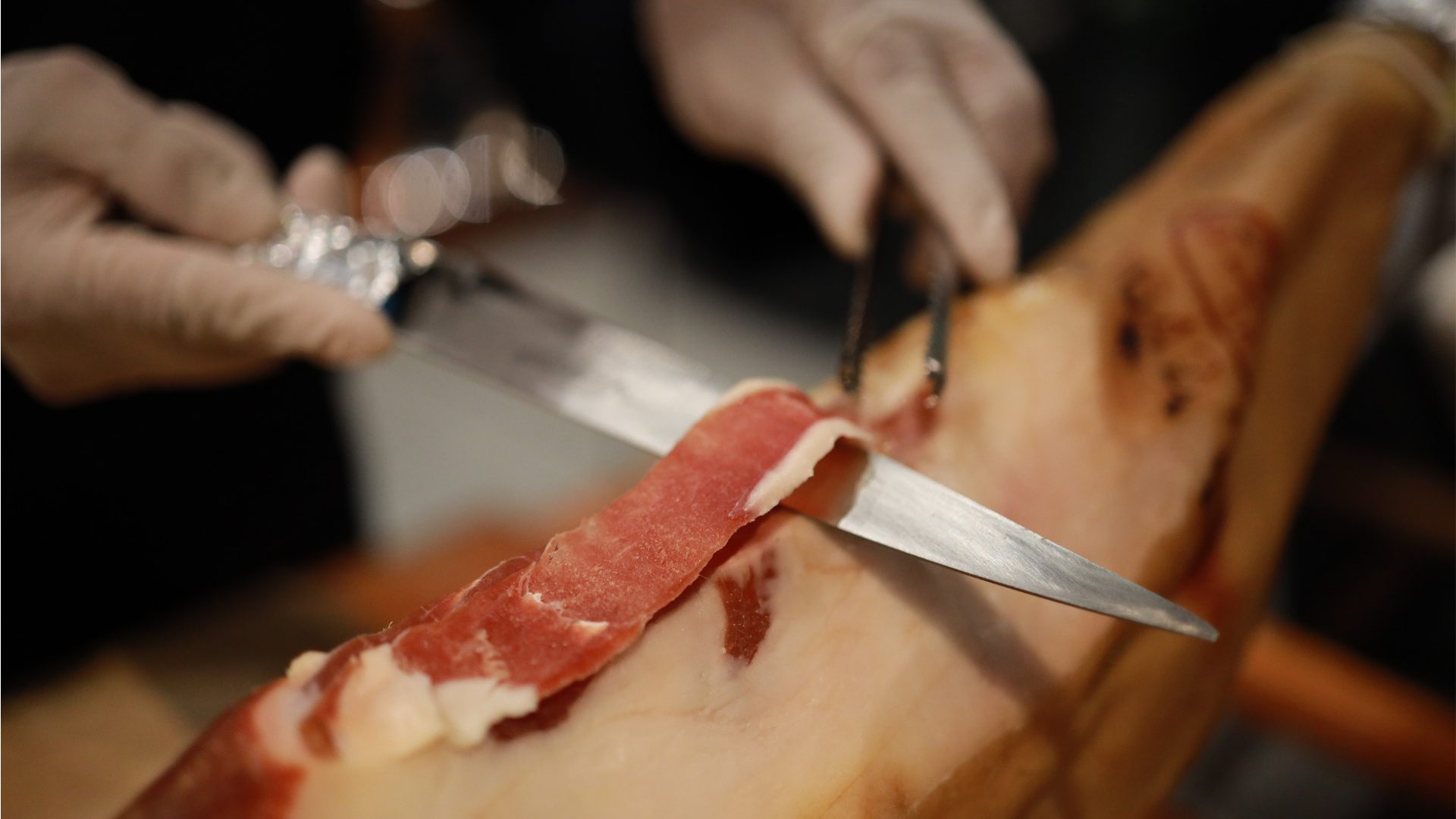With Easter and Passover fast approaching, the USDA is trying to shore up the U.S. egg supply. The agency said it has commitments from Turkey and South Korea, and is seeking exports from other countries, as well.
The moves come as U.S. egg prices have started to ease.
European industry groups told NBC News the USDA had contacted Germany, Italy, Poland and Sweden about egg exports, but President Trump’s threats to impose tariffs had complicated the situation. Additionally, bird flu also has taken a toll on European supplies.
Another complicating factor is the approach to sanitation. NBC noted it is not uncommon for European shoppers to buy eggs that still have feathers and chicken fecal matter on them.
“These are two systems that could not be more different,” Hans-Peter Goldnick, the president of the German Egg Association, told NBC.
Other countries contacted were Austria, Norway, Spain and Denmark, NBC said, adding Brazil’s egg shipments to the U.S. increased by 93% percent in February compared to last year.
Wholesale prices hit a record $8.53 a dozen on Feb. 26 but have since fallen, hitting $3 a dozen the last week in March amid continuing tight supplies triggered by the bird flu outbreak that has forced producers to kill millions of chickens.
U.S. egg prices are up 58.8% compared to last year.
USDA said U.S. shell egg exports are down 8% to ensure more eggs remain on the domestic market. It’s expected to take several more weeks before the lower wholesale prices are reflected on grocery store shelves.
American Farm Bureau Federation economist Bernt Nelson told CNN fewer birds were affected by the virus in March compared with earlier this year, leading to the price drop. Demand also fell as consumers balked at prices.
“Only now starting to see shelf prices slowly decline,” a USDA report said. “Demand from egg product manufacturers is mostly light as many have been able to take advantage of a sluggish carton market to build supplies on the spot market, enough to increase production levels to a three-month high.”
In other news:
Expanding markets: U.S. Agriculture Secretary Brooke Rollins announced a six-country tour to promote agriculture exports as a means of reducing the U.S. trade deficit. Stops include India, Brazil, the United Kingdom, Japan, Vietnam and Peru.
“USDA remains committed to expanding market access around the world. I am going abroad to sell the bounty of American agriculture and to ensure the prosperity of our hard-working agricultural producers. Everything is on the table to get more markets for our products,” Rollins said.
Foot-and-mouth disease: Hungary is using its military to stem the country’s first outbreak of foot-and-mouth disease in a half century, Reuters reported. The outbreak was reported in a region bordering Austria and Slovakia, where outbreaks were detected in five places in March. So far, 3,500 cattle have been affected.
Hungarian Agriculture Minister Istvan Nagy said disinfection points at border crossings and highway exits in the region have been set up to keep the disease contained. The disease poses no danger to humans but causes fever and mouth blisters in cattle, swine, sheep, and goats.
The Food Institute Podcast
This Episode is Sponsored by: CBIZ
Tariffs, geopolitical tensions, and inflation are all weighing on the food and beverage industry and consumers alike, but what can industry leaders do to persevere amid uncertainty? Lou Biscotti from CBIZ’s Food and Beverages Services Group shares his insights on The Food Institute Podcast.












